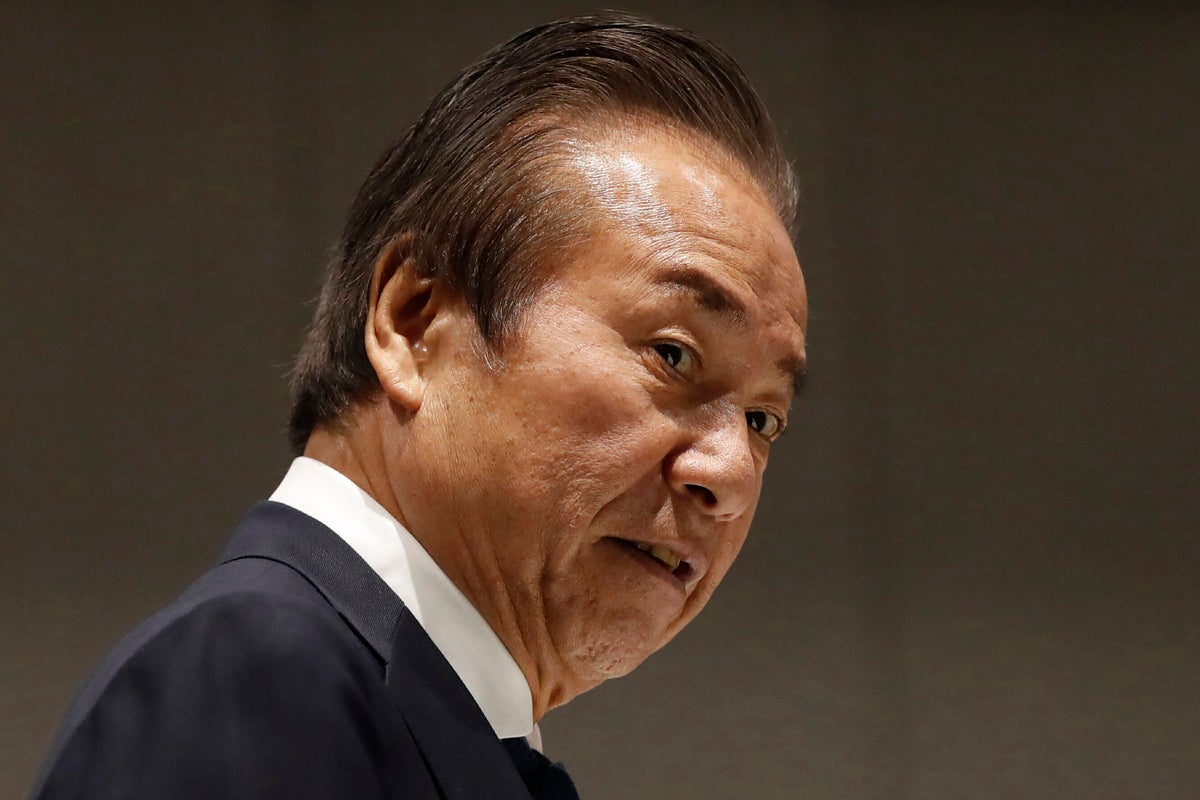
The bribery scandal tied to the Tokyo Olympics won't go away, sullying the legacy of the organizing committee as Japan continues in talks with the International Olympic Committee to land the 2030 Winter Olympics for Sapporo.
On Wednesday, a former advertising executive at the center of a widening scandal tied to Olympic sponsorships was arrested for the fourth time on suspicion of receiving bribes; this time from a Japanese advertising company ADK Marketing Solutions.
Japanese media reports said prosecutors raided the offices of ADK and Tokyo-based doll maker Sun Arrow, which produced the Tokyo Olympic and Paralympic mascots named Miraitowa and Someity.
Haruyuki Takahashi has been arrested and re-arrested and earlier charged with accepting bribes from officials at three other companies: Aoki Holdings, a clothing company that dressed Japan’s Olympic team; major Japanese publisher and entertainment company Kadokawa, and Daiko Advertising Inc.
Takahashi has been in custody since August.
Takahashi is a former executive at Japanese advertising giant Dentsu, which helped land the Games for Tokyo and then lined up record domestic sponsorship of more that $3 billion. This was at least twice as much as any previous Olympics.
French prosecutors have been looking into allegations that some IOC members may have been bribed to vote for Tokyo when the city was picked in 2013.
That scandal three years ago forced the resignation of Japanese Olympic Committee head Tsunekazu Takeda, who was also an IOC member.
The Switzerland-based IOC has tried to distance itself from the scandal. IOC President Thomas Bach did not attend a celebration last weekend at Tokyo's National Stadium to mark the one-year anniversary of the one-year delayed Olympics. He said he had a scheduling conflict.
“We have full confidence in the Japanese authorities and also the auditors of the organizing committee," the IOC said in a statement to The Associated Press. “The IOC has every interest in the full clarification of this case.”
The Olympics have been consistently plagued with money scandals. Carlos Nuzman, and IOC member and head of the 2016 Rio de Janeiro Olympics, was arrested after those Games on corruption charges.
The 2014 Sochi Winter Olympics were soiled by a doping scandal, and a bribery scandal also overshadowed the 2002 Winter Olympics in Salt Lake City.
Japan officially spent $13 billion to hold the Olympics, much of which was public money.
Japan is now pursuing the 2030 Winter Olympics, which it says will cost $2.6 billion. Officials in Sapporo have declined to hold a public referendum with opinion divided in the northern Japanese region.
The bribes allegedly going to Takahashi now total more than 190 million yen ($1.2 million).
Tagging on additional allegations, which keeps a suspect in custody, is known as “hostage justice,” and is widely criticized but a common practice in Japan. But getting arrested for the fourth time is unusual, even for Japan.
Takahashi has not been available for comment. He has not been eligible for bail.
___
More AP Olympics: https://apnews.com/hub/olympic-games and https://twitter.com/AP_Sports
—
Yuri Kageyama is on Twitter https://twitter.com/yurikageyama







